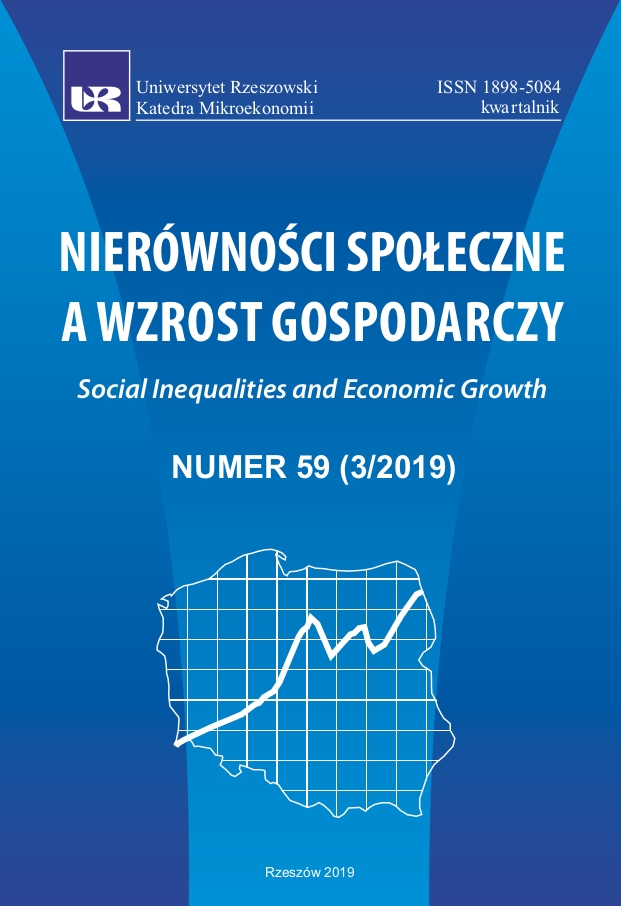Pensions in Cuba. In search of inequality
DOI:
https://doi.org/10.15584/nsawg.2019.3.13Keywords:
pensions, pension systems, CubaAbstract
The paper about the pension system of Cuba is presented in the following format: 1) Historical development of the pension system in Cuba, 2) Current status of the pension system in Cuba, 3) Challenges and anticipated changes. The author’s research goal is to find differences in the Cuban pension system, causing inequalities in the income of people at advanced age. The applied research method is primarily a descriptive method. At the same time, the author puts forward the hypothesis that the pension solutions adopted in the country of real socialism do not provide sufficient resources to people at senior age. Income inequalities among Cuban pensioners relate primarily to preferential, and more generous than the standard pension, scheme for officers of the armed forces and members of the internal security apparatus of the state. An additional element confirming the creation of a state of inequality among Cuban pensioners is the presence, in the catalogue of benefits for retirees, of discretionary benefits in the form of an allowance for exceptional merits. In conclusion, it can be stated that the pension system in Cuba does not ensure a minimum level of income for pensioners to meet basic life needs. It is true that medical care, which is one of the largest categories of expenditure for the elderly, is provided in this country in principle for free, and apartments are offered with very low rents, but it does not change the difficult income situation of pensioners. The hypothesis put forward at the beginning was confirmed.Downloads
Download data is not yet available.
Downloads
Published
2020-11-13
How to Cite
Poteraj, J. (2020). Pensions in Cuba. In search of inequality. Social Inequalities and Economic Growth, 3(59), 186–200. https://doi.org/10.15584/nsawg.2019.3.13
Issue
Section
Articles
License
Copyright (c) 2019 University of Rzeszow

This work is licensed under a Creative Commons Attribution-ShareAlike 4.0 International License.


